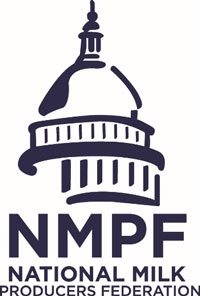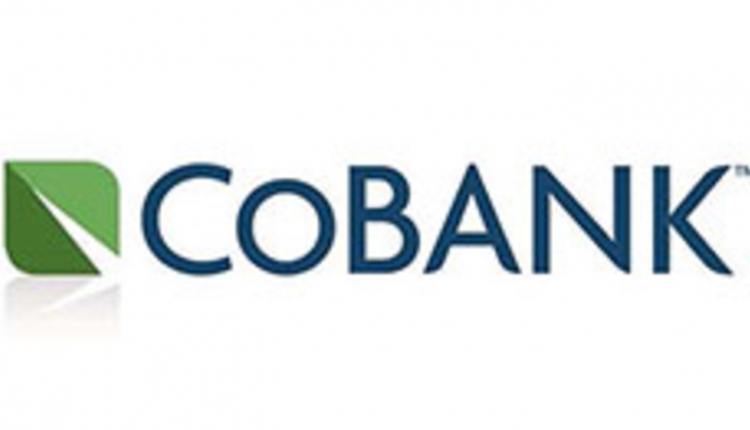

The U.S. Food and Drug Administration (FDA) should take prompt enforcement action against seven “butter” substitutes that flagrantly violate the agency’s food labeling requirements and thus are misbranded, the American Butter Institute (ABI) said today at its Board of Directors Meeting in Fort Lauderdale, Florida.
ABI is the Arlington, Virginia-based trade association for manufacturers, processors, marketers and distributors of butter and butter products. The majority of butter consumed throughout the United States is made and marketed by ABI member companies and cooperatives.
As the only dairy food standard established by federal statute, butter is defined as “made exclusively from milk or cream, or both, with or without common salt, and with or without additional coloring matter, and containing not less than 80 per centum by weight of milk fat, all tolerances having been allowed for.” Concurrently, FDA dictates that certain foods should be deemed imitations if that food resembles another but is nutritionally inferior or fails to meet established characterizing ingredient requirements.
“The way in which these brands use the term ‘butter’ is false and misleading,” said Tom Balmer, executive director of ABI. “These imposter products don’t contain actual dairy ingredients, and cannot match real butter’s positive attributes – from its unmatched flavor and creamy, rich texture and unique performance in cooking and baking, to its significant level of Vitamin A. We’re bringing this deception to FDA so that it can rectify the issue and ensure truth and fairness in the marketplace.”
In comments sent recently to the FDA, ABI listed seven plant-based so-called “butter” brands that blatantly contradict the federal definition for butter, including Miyoko’s Kitchen “Vegan Butter” and Fora Foods’ “FabaButter.” Based on a labeling review of the seven brands, ABI underscored how each vegetable based-product contains no actual dairy ingredients, and called out some for lacking the positive nutritional profile associated with real butter.
“We thought this issue was settled decades ago, when the common term for vegetable spreads was ‘oleomargarine.’ But the misuse of the term ‘butter’ on non-dairy products has become ever more egregious in recent years, and FDA needs to remind makers of these products that they are violating long-standing regulations,” Balmer said.
“Section 102.5 (of Code of Federal Regulations Title 21) in no way permits the standardized term, ‘butter,’ to be used to name a non-standardized plant-based butter substitute that is characterized by its plant-based ingredients and the complete absence of milk, cream and other milk constituents that comprise standardized butter unless such products constitute and are labeled as ‘imitation butter,’” ABI said in its comments.
FDA prohibits a food from being sold under the name of a different food, as well as imitations of another food unless it bears the label “imitation.” While some of the products could possibly be re-labeled as “margarine” or “oleomargarine,” FDA regulations say that those considered nutritionally inferior to butter must bear the word “imitation” so as not to be false or misleading.
ABI argued that Congress established a definition for butter specifically to protect consumers from being deceived by simulated versions of the traditional product such as those identified in the complaint.


